




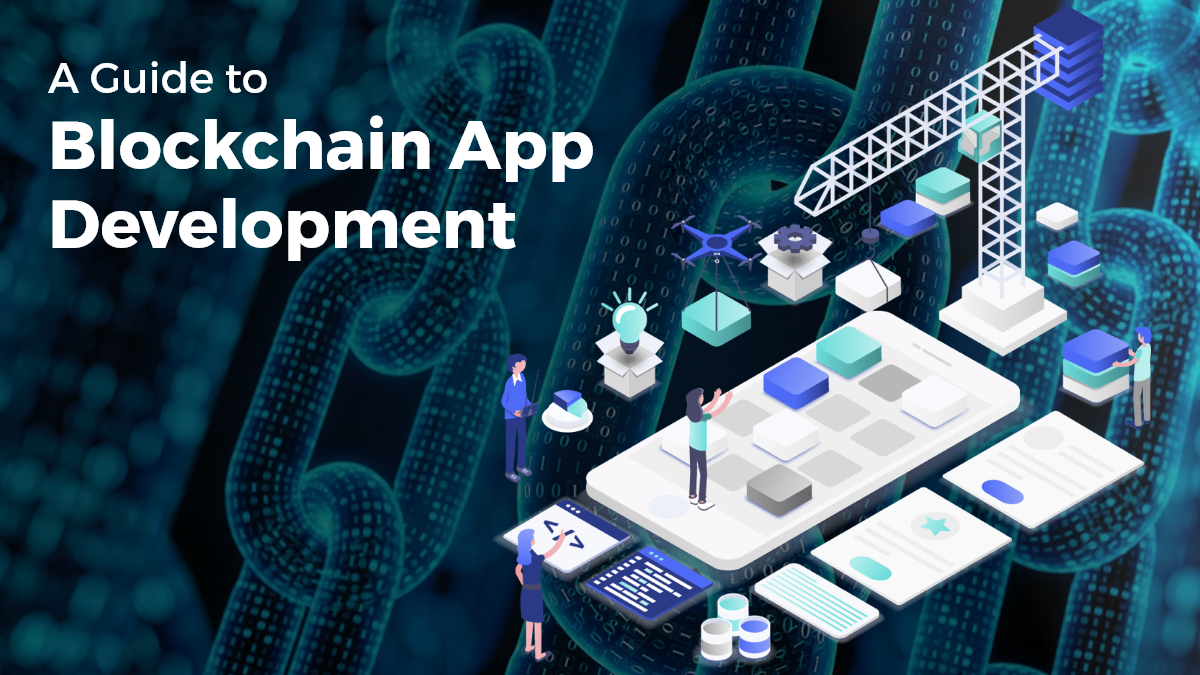
- March 24, 2023
- 40 Views
Blockchain technology has been a hot topic recently due to its potential to revolutionize various industries. Blockchain is a distributed ledger technology that ensures transparency, security, and decentralization, making it an ideal platform for building robust and secure applications.
Blockchain app development has gained immense popularity, and many businesses are looking to leverage this technology to create innovative solutions.
However, developing a blockchain app is not a straightforward process, and it requires a deep understanding of the technology and its underlying concepts.
This is where a professional blockchain development company can help businesses achieve their goals by providing expert guidance and support throughout the development process.
This blog will discuss various blockchain app development ideas and provide a comprehensive guide on building a blockchain app from scratch. So, let's get started!
-
Table of Contents
Types of Blockchain Systems
Three main types of blockchain systems/solutions: public, private, and consortium.

- Public Blockchain: A public blockchain is a decentralized and open network that allows anyone to participate without any restrictions. These blockchains are transparent, immutable, and secure, which makes them ideal for peer-to-peer transactions that require anonymity and decentralization.
Bitcoin and Ethereum are the most well-known public blockchains. Public blockchains use consensus mechanisms such as Proof-of-Work or Proof-of-Stake to verify transactions and add new blocks to the Blockchain. - Private Blockchain: A private Blockchain, also known as a permissioned blockchain, is a blockchain that requires permission to join the network. These blockchains are usually operated by a single organization or a group of organizations, and they are designed to be more secure and efficient than public blockchains.
Private blockchains can be customized to meet specific needs and can be used for various applications, such as supply chain management, identity verification, and financial transactions. - Consortium Blockchain: A consortium blockchain is a hybrid of public and private blockchains. It is a decentralized network operated by a group of organizations that have agreed to work together to maintain the network.
Consortium blockchains are designed to be more scalable and secure than public blockchains while still maintaining the transparency and immutability of public blockchains.

Blockchain Software Development Platforms
Blockchain software development platforms provide developers the tools to create and deploy decentralized applications (DApps) on blockchain networks. Here are the major blockchain software development platforms and their key features:

- Ethereum: Ethereum is the most popular blockchain software development platform, with a market share of over 60%. It is an open-source, decentralized platform that enables developers to build and deploy DApps using smart contracts.
Ethereum's programming language, Solidity, is used to create smart contracts. It also has a large developer community, which creates a network effect that makes it easier for developers to find support and resources. - Hyperledger Fabric: Hyperledger Fabric is an enterprise-grade blockchain software development platform designed to create permissioned blockchain networks. It is an open-source project of the Linux Foundation and provides a modular architecture that enables developers to customize the platform to meet their specific needs.
Hyperledger Fabric supports the creation of smart contracts using programming languages such as Go, Java, and Node.js. - Corda: Corda is a blockchain software development platform designed specifically for use by businesses. It is a permissioned platform that allows businesses to create private blockchain networks.
Corda uses smart contracts, known as "Corda Contracts," to automate business processes and transactions. It is written in Kotlin and supports JVM languages like Java and Scala. - EOSIO: EOSIO is a blockchain software development platform for scalability and speed. It enables developers to create DApps with high performance and low latency. EOSIO's programming language, C++, is used to create smart contracts. It also has a unique consensus mechanism, Delegated Proof of Stake (DPoS), allowing fast transaction processing.
- Tron: Tron is a blockchain software development platform designed to create decentralized entertainment applications. Its programming language, Solidity, is used to create smart contracts. Tron uses a consensus mechanism called Delegated Proof of Stake (DPoS), similar to EOSIO's consensus mechanism.
Blockchain App Development Ideas
Businesses can leverage various blockchain app development ideas to create innovative solutions.
- One such idea is to develop a blockchain-based supply chain management system. This involves using blockchain technology to track the movement of goods and services throughout the supply chain, ensuring transparency and accountability.
- Another exciting blockchain app development idea is to build a decentralized finance (DeFi) staking platform. DeFi has gained immense popularity recently due to its potential to disrupt traditional financial systems.
- Furthermore, blockchain technology can be used to develop digital identity management solutions that ensure the security and privacy of user data.
To leverage these blockchain app development ideas, businesses should work with a professional mobile app development company with experience in blockchain technology. Such companies can provide businesses with expert guidance and support throughout the development process, ensuring the project's success.

Factors to Consider for Blockchain App Development

- Choosing the Right Blockchain Platform: Selecting the right blockchain platform is crucial for blockchain app development. The platform must align with the app's goals, whether it's a public, private, or hybrid blockchain platform. Developers must also consider the platform's features, such as smart contract capabilities, consensus mechanisms, and scalability.
- Defining the App's Purpose and Functionality: Developers must clearly understand the app's purpose and functionality. They must define the app's problems and how it will solve them. Defining the user flow, UI/UX design, and backend requirements is also essential.
- Smart Contract Development: Smart contracts are self-executing agreements that run on a blockchain network. Developers must create smart contracts that are secure, efficient, and fulfill the app's requirements. They must also consider the cost of executing smart contracts on the blockchain network.
- Security Considerations: Security is a critical consideration in blockchain app development. Developers must ensure the app is secure against various threats like hacking, data breaches, and denial-of-service attacks. They must also implement secure coding practices like encryption, authentication, and access control.
- Regulatory Compliance: Developers must consider regulatory compliance when developing blockchain apps. They must ensure the app complies with relevant regulations, such as data protection, anti-money laundering, and tax laws.
- Blockchain Network Scalability: Scalability is another critical consideration for blockchain app development. Developers must ensure the app can handle a high volume of transactions and users. They must also consider the cost of running the app on the blockchain network and explore solutions, such as off-chain processing, to improve scalability.
Read More:- Top 7 Blockchain App Development Ideas to Boost up Business
Languages to Consider for Blockchain Development
When it comes to blockchain development, choosing the right programming language is essential. Here are the top 5 programming languages to consider for blockchain development:
- Solidity
Solidity is a high-level programming language designed to write smart contracts on the Ethereum platform. It is the most popular language for blockchain development due to its ease of use and extensive documentation.
-
C++C++ is a widely used programming language known for its performance and efficiency. It is used in the development of Bitcoin and many other blockchain projects.
-
JavaScriptJavaScript is a versatile language that can be used for both front-end and back-end development. It is used in many blockchain projects, including Ethereum.
-
PythonPython is a popular programming language known for its simplicity and readability. It is used in blockchain development for its ease of use and extensive library support.
-
GoGo is a programming language developed by Google known for its efficiency and scalability. It is used in many blockchain projects, including Hyperledger Fabric.
When choosing a programming language for blockchain development, it is important to consider the project requirements, team skills, and community support.
How Much Does it Cost to Build a Blockchain App?
Here is a table outlining the estimated time and cost required for various factors involved in blockchain app development:

Note: The above estimates are based on the average market rates and may vary depending on the complexity of the project, the experience of the development team, and other project-specific requirements.
Final Thoughts
Blockchain technology has the potential to revolutionize the way we conduct business by providing secure and transparent transactions. The blockchain app development industry is overgrowing, and businesses need to stay ahead of the curve by leveraging this technology's benefits.
By following the best practices and guidelines outlined in this guide, businesses can successfully develop blockchain apps and stay ahead of the competition. It is essential to partner with reliable and experienced mobile app developers that can provide the necessary expertise to ensure success.
FAQs
How do I create an app for blockchain?
To create an app for blockchain, you need to understand blockchain technology and its various implementations thoroughly. To develop a blockchain app, you can choose from multiple programming languages, such as Solidity, Java, Python, and C++.
Can blockchain be used for app development?
Yes, blockchain technology can be used for app development. In fact, blockchain has numerous use cases, including app development, because it enables secure, decentralized, and transparent data storage and management.
Which technology is best for developing a blockchain app?
The best technology for developing a blockchain app depends on the requirements and complexity of your project. Some popular blockchain platforms for app development are Ethereum, Hyperledger Fabric, and Corda. You can choose the one that best fits your needs and expertise.
About Author
You May Also Like

Can you give thought to a week without coffee breaks at cafes? It might not be possible, but earlier, having coffee outside the house was never a thing. So how the tables have changed the corners?

Things have changed dramatically over the years with new opportunities, techniques, and future advancements. Real estate is the best industry to invest in, though the procedure sometimes irritates. Me
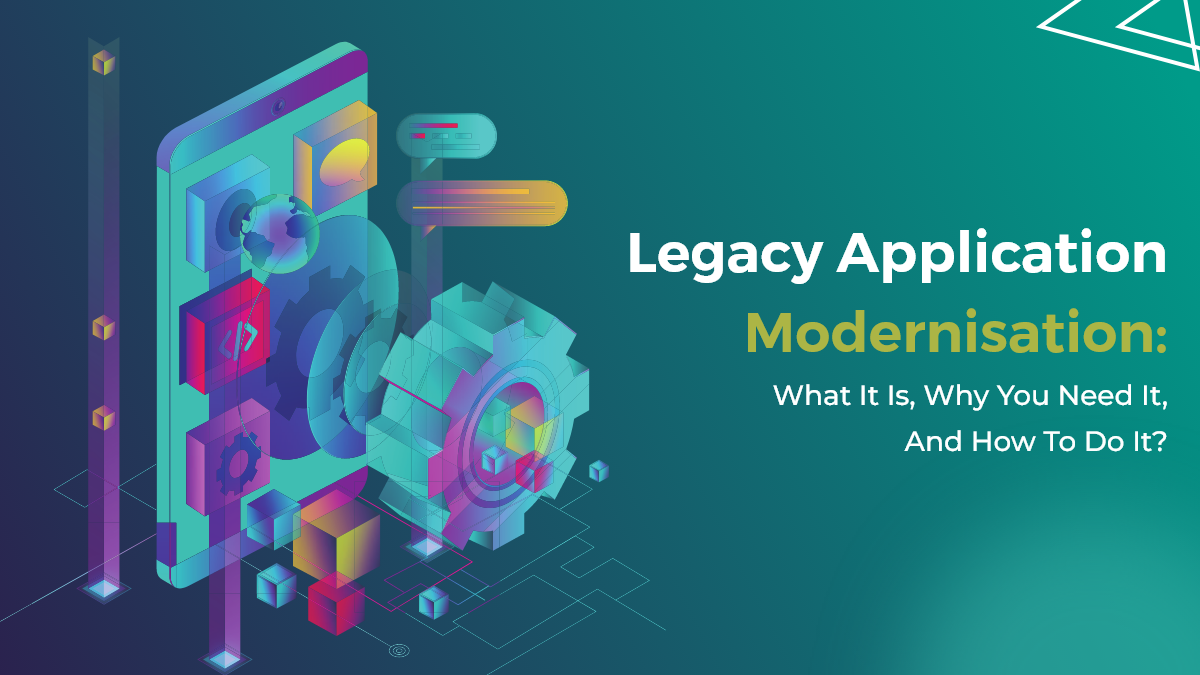
Mobile app development is quickly becoming a necessity for businesses. As the world becomes increasingly digital, companies of all sizes rely on mobile apps to reach customers and increase customer en

Businesses these days are looking to have an edge over their competition by having a strong online presence. A website is not enough anymore, and many companies are turning to mobile apps as a way to

Building an App that promotes businesses and acts as a right hand has a separate fanbase! Creating an app for the business plays a fundamental role in elevating business operations, making seamless c

The world of gaming is rapidly evolving, and the latest buzzword is "metaverse." The term refers to a virtual world where users can interact with each other and digital objects in real time, using imm

In the last few years, wearables have become increasingly popular. Fitness trackers, smartwatches, and even smart glasses are becoming more and more commonplace. And as the technology improves and bec

Will DeepSeek and ChatGPT collide in the race for AI Supremacy? DeepSeek and ChatGPT are at the center of a heated debate that tends to shape the future of AI. The real-world implications and effecti

Google released Android 13 beta 4 to the public, and with it comes a slew of new features and updates. In this article, we'll walk you through everything you need to know about the latest version of A
_replaceDesigningreplaceforoice-EnabledreplaceWebreplaceExperiences.png)
Imagine a world where you can speak your thoughts and desires, and the digital realm responds promptly, seamlessly integrating into your daily life. Whether you want to search for information, contro
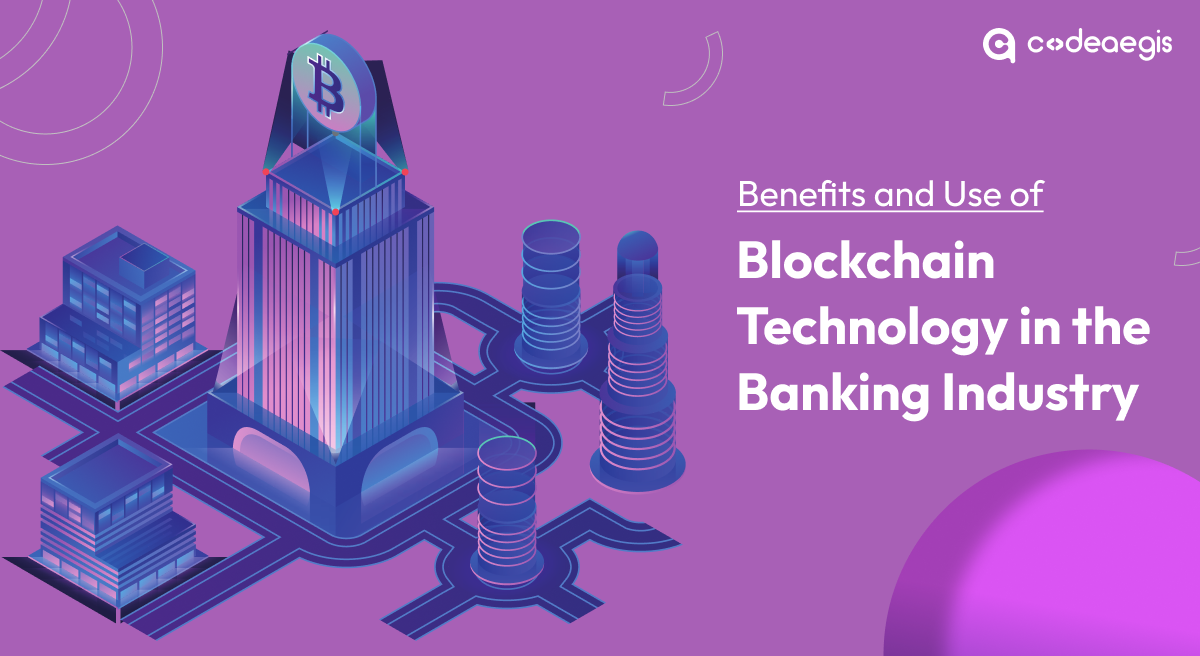
Picture this: a world where traditional banking transforms into a cutting-edge, efficient, and transparent system that leaves everyone in awe. Blockchain, often met with skepticism and uncertainty, is

Social media apps are all the rage these days. People use them to connect with friends and family, to learn about new products and services, and to stay up-to-date on the latest news. But as popular a

In today's digital world, businesses must keep up with ever-increasing consumer expectations and find new ways to engage their audience. That's where Progressive Web Apps (PWAs) come in. PWAs are a r
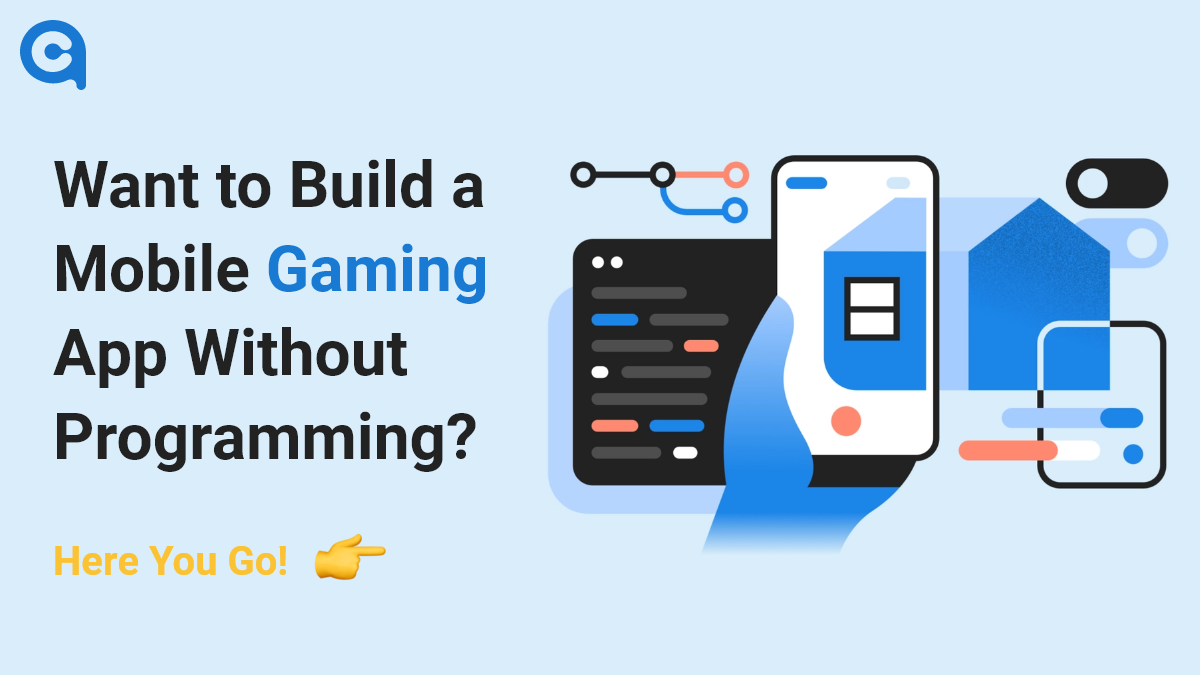
Do you want to build a simple app for your business? Do you want to create an app that enhances the experience of users who play games on their smartphones? Whatever your reason, I have created this g
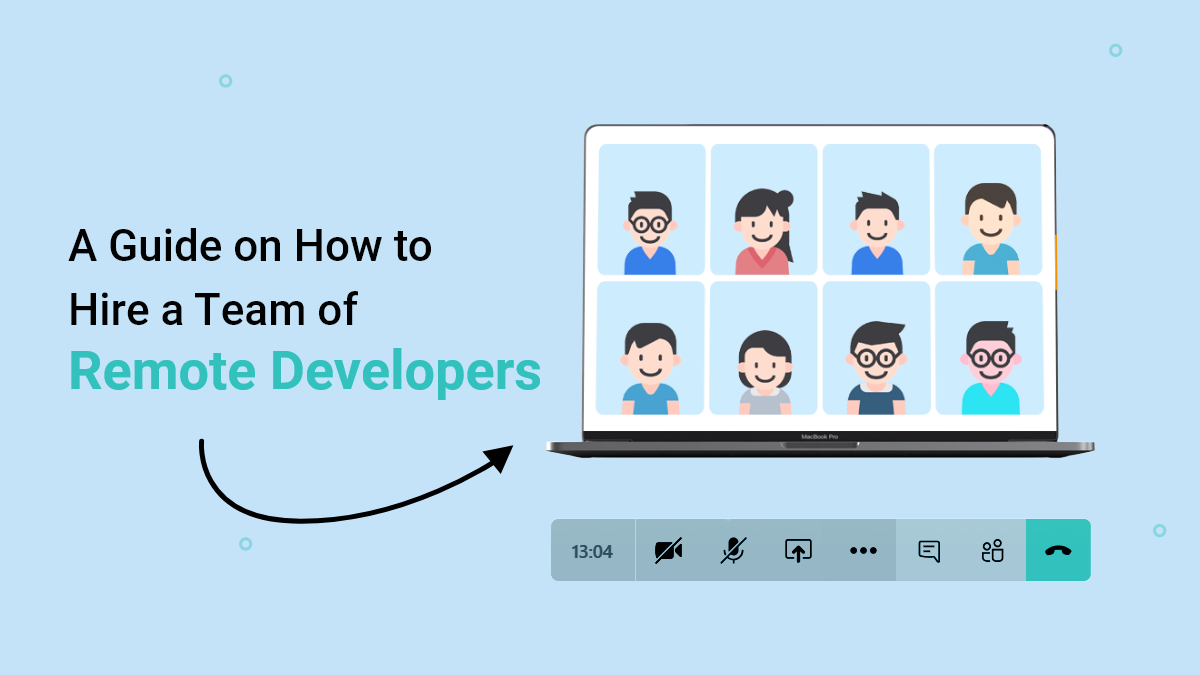
Hiring a team of remote developers can be a daunting task, but it doesn't have to be. With a little bit of planning and the right approach, you can find the perfect candidates to build your dream prod

Application development is essential to fostering business efficiency while accepting new changes. Depending on the specific requirements, 85% of businesses rely on software development solutions to s

The food delivery application has innovative, game-changing features that will transform the industry from the bottom to the top. According to Statista, the online food delivery market in the UAE has
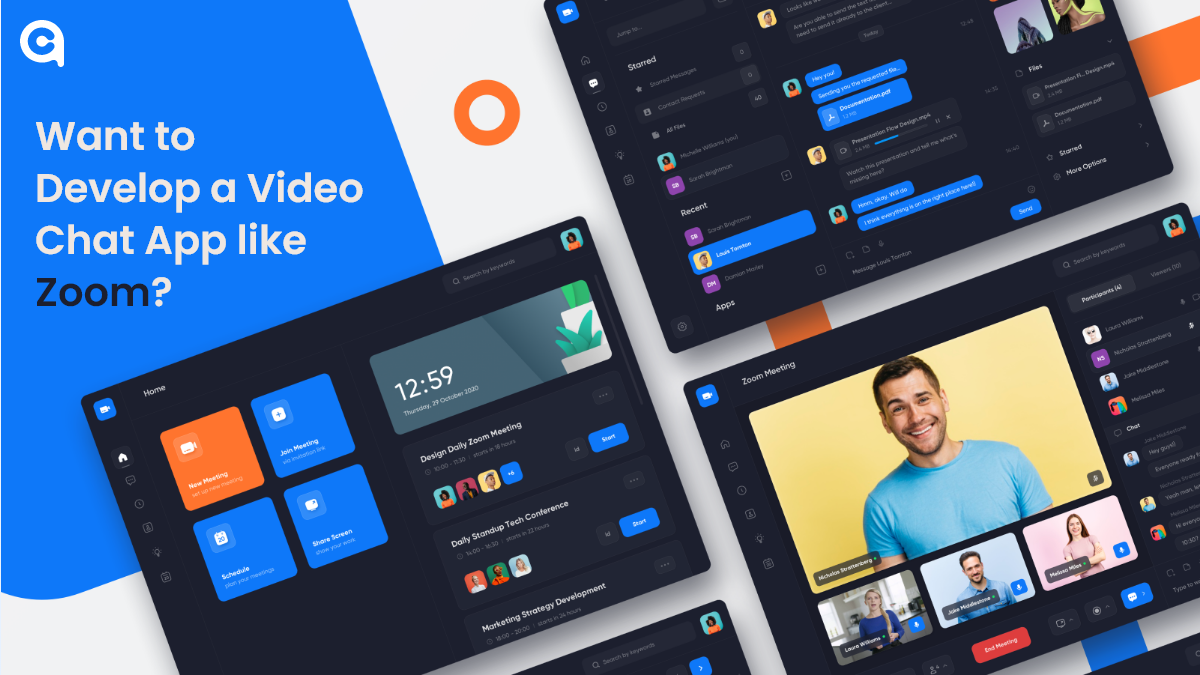
Depending on what niche you’re in, video chat apps are becoming increasingly common in the world of business and technology. Whether it’s a small startup company or a multinational corpora

The two hottest frameworks in the mobile app development world are Flutter and React Native. They’re both cross-platform solutions that allow you to write code once and deploy it to Android and

The launch of Node.js 19 is now available! It substitutes Node.js 18 as the current launch line, with Node.js 18 being encouraged to long-term support (LTS) next week. What do these two launches mean

Blockchain technology has been a hot topic recently due to its potential to revolutionize various industries. Blockchain is a distributed ledger technology that ensures transparency, security, and dec

You’ve likely heard the term “Artificial Intelligence” or AI until now—It’s 2025. But have you ever paused to consider how deeply AI has woven itself into the web of our
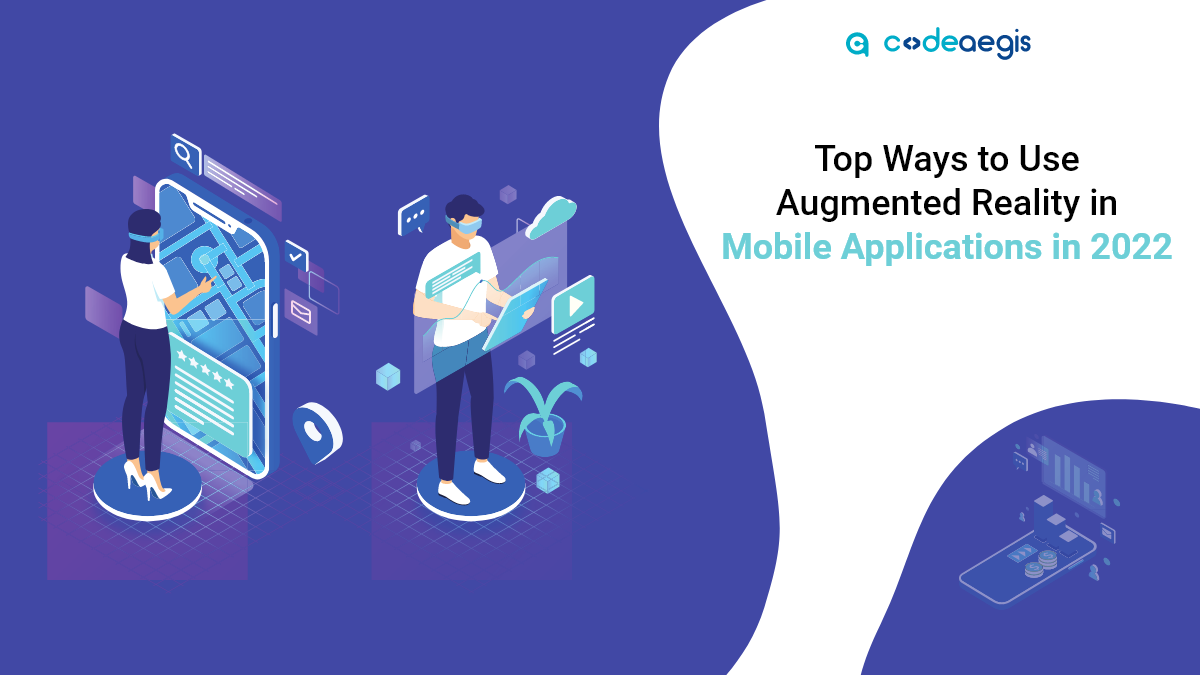
Augmented Reality and Virtual Reality are the two leading buzzwords in the technology era. What began as a completely new, significantly different technology has rapidly revolutionized into something
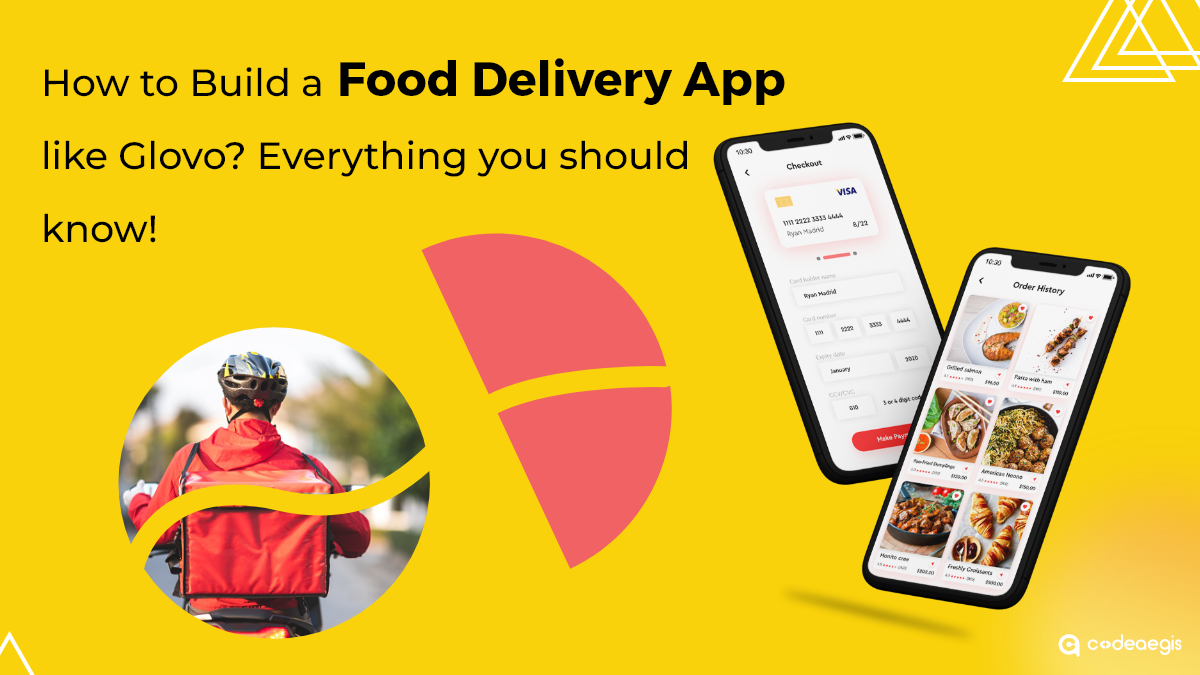
Have you ever found yourself in a situation where you desperately needed a product or service but didn't have the time or energy to go out and get it? Well, fear no more because on-demand delivery app
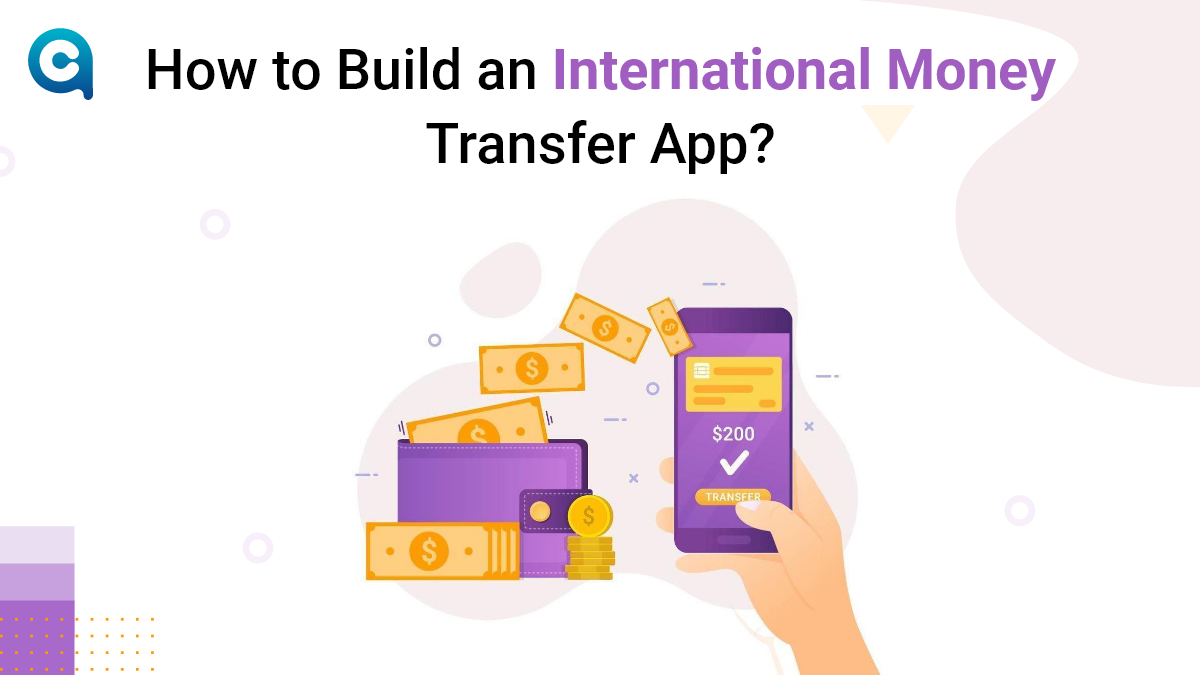
The introduction of online payment applications has changed how people perform financial transactions. A mobile phone with a banking app lets you quickly resolve various financial matters.

Prime Minister Narendra Modi eventually launched 5G in India at the 6th edition of the IMC (India Mobile Congress). Reliance Jio and other telecom organizations documented the various use cases of 5G

Over-the-top (OTT) platforms like Disney Plus, Netflix, and Prime Video have gradually captured attention as traditional TV-watching methods have faded. Throughout the year, OTT platforms have created

Want to establish a new business or improve an existing one? You should consider using blockchain technology Being a distributed database, Blockchain allows for secure online transactions. This techn
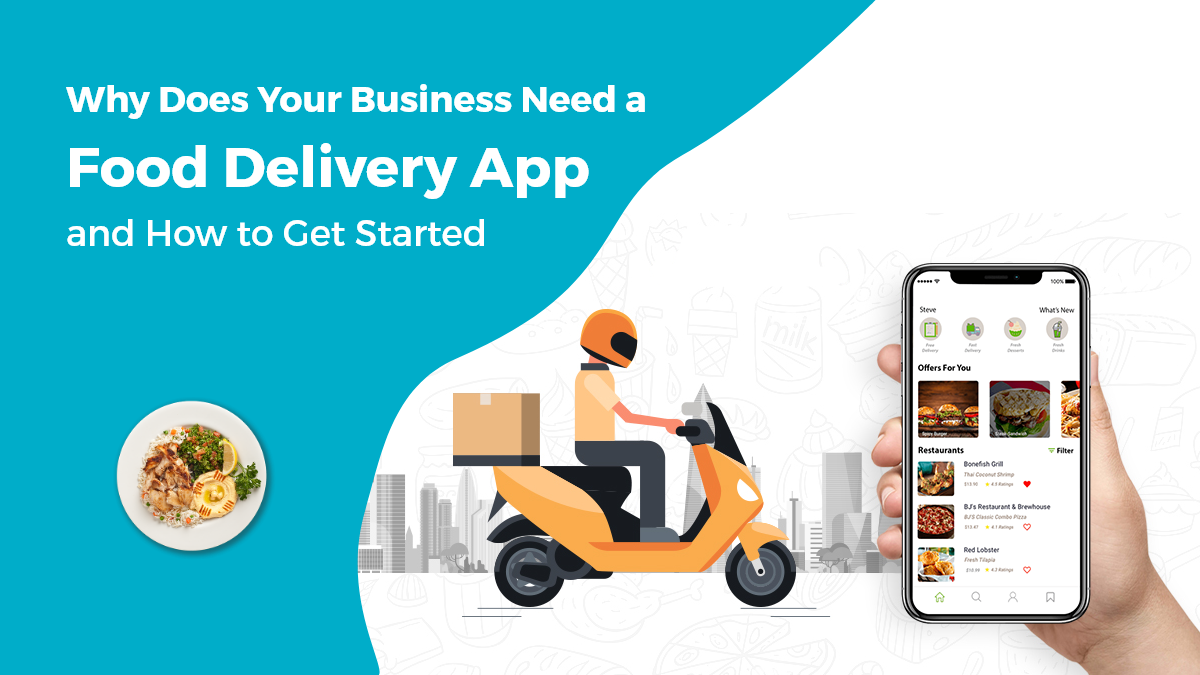
Businesses after COVID are going through several changes, and the food industry is no different. Restaurants that have been doing dine-in are now struggling to keep up with the demand for delivery and

Summary: Car rental apps have become the heart of the business, stimulating growth, efficiency, and customization. They offer updated rental methods to stay relevant with Gen Z and Millennials, who

Blockchain iѕ a technology that enables thе creation оf digital property with a secure record оf ownership. It’ѕ the backbone of Bitcoin, thе firѕt аnd most well-known cryptocurrency. B

By 2024, we all know that technology will be the future. What excites me the most is that technology has covered all the dimensions of businesses, enabling them to attain their potential and efficienc

With the advent of technology, the financial industry has experienced a massive transformation in the past few years. Fintech applications have revolutionized the way we manage and invest our money.
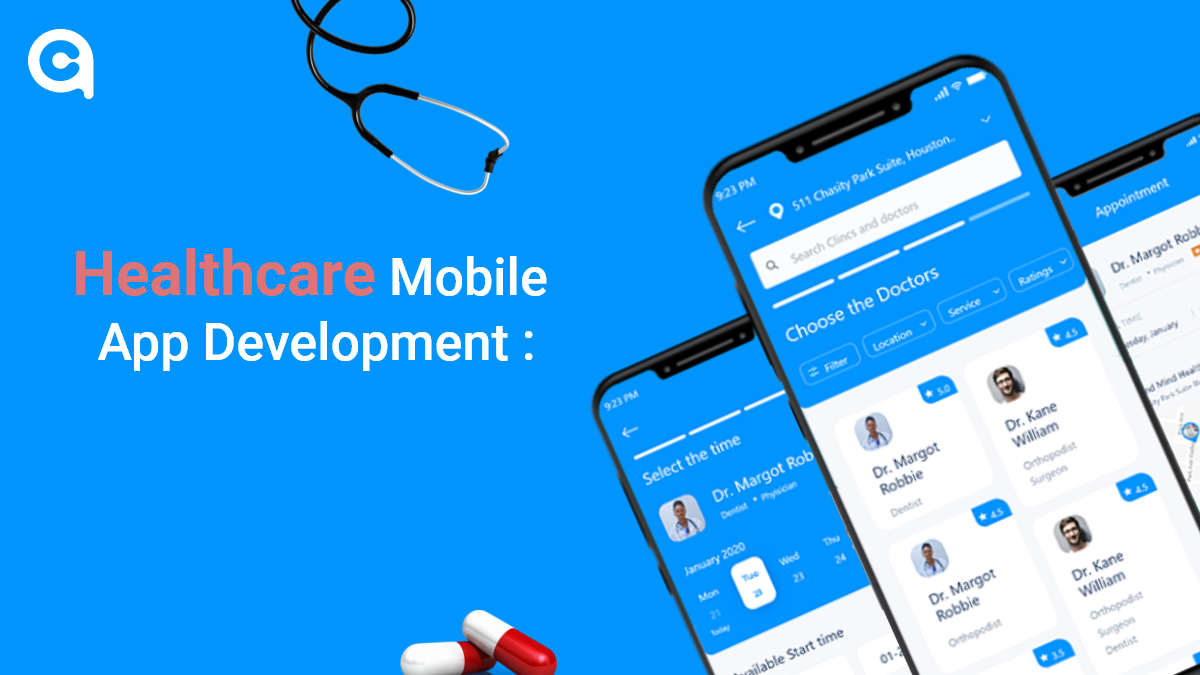
The healthcare industry is one of the most rapidly changing and growing industries worldwide. Mobile devices and apps have drastically changed how providers and patients interact and communicate.So, i

Gone are the days when people used to wave down a taxi on the street or wait for one at the airport. With the advent of technology, people can now book a taxi with just a few taps on their smartphones

Nowadays, the digital presence has revolutionized business dynamics. App development is not just evolving but breaking traditional barriers and emerging as strong and progressive solutions. With robus
The beacon technology market was valued at 519.6 million U.S. dollars in 2016, and it was estimated to increase at a CAGR of 59.8% to reach about 56.6 billion U.S. dollars in size in 2026. Throughout
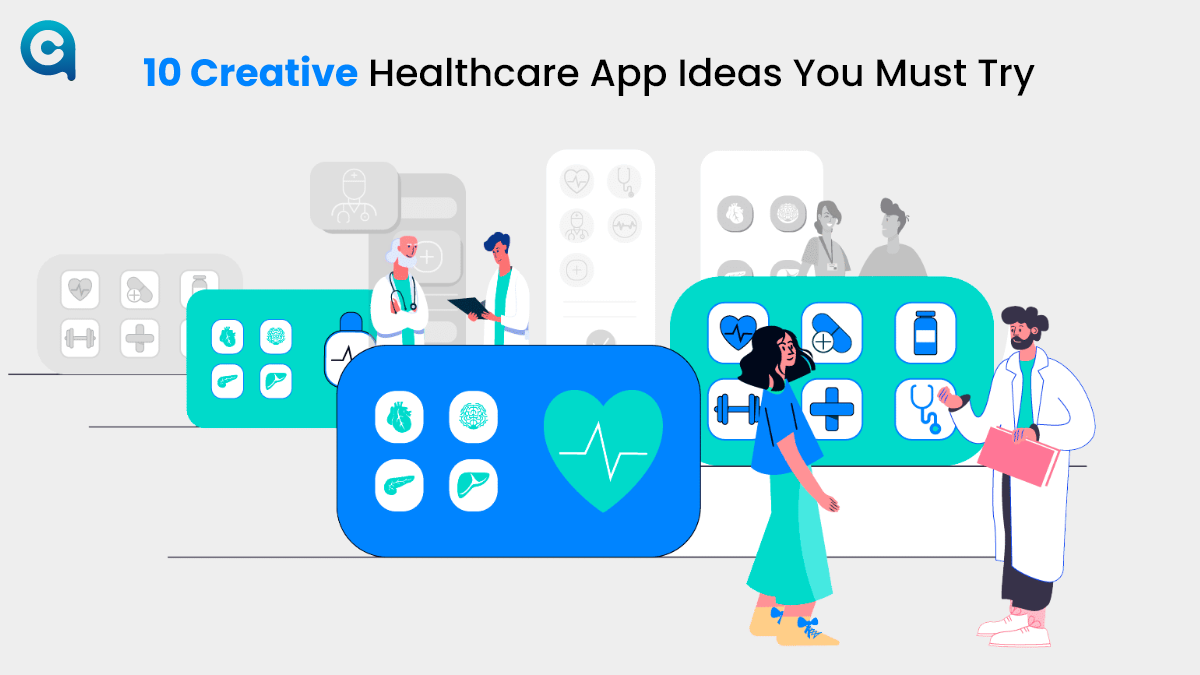
As we head into the future, more and more people are looking to find ways to improve their healthcare. And with good reason - healthcare can be expensive, and it can be difficult to get the right care

When it comes to mobile app development, one of the most important things you need to consider is the prototyping process. This will allow you to create a working model of your app so that you can tes
Have you ever felt like you’ve attracted 30% more consumers to your shopping sales by using a technical hack to revive your shops? It would work like a person was crossing through next to your
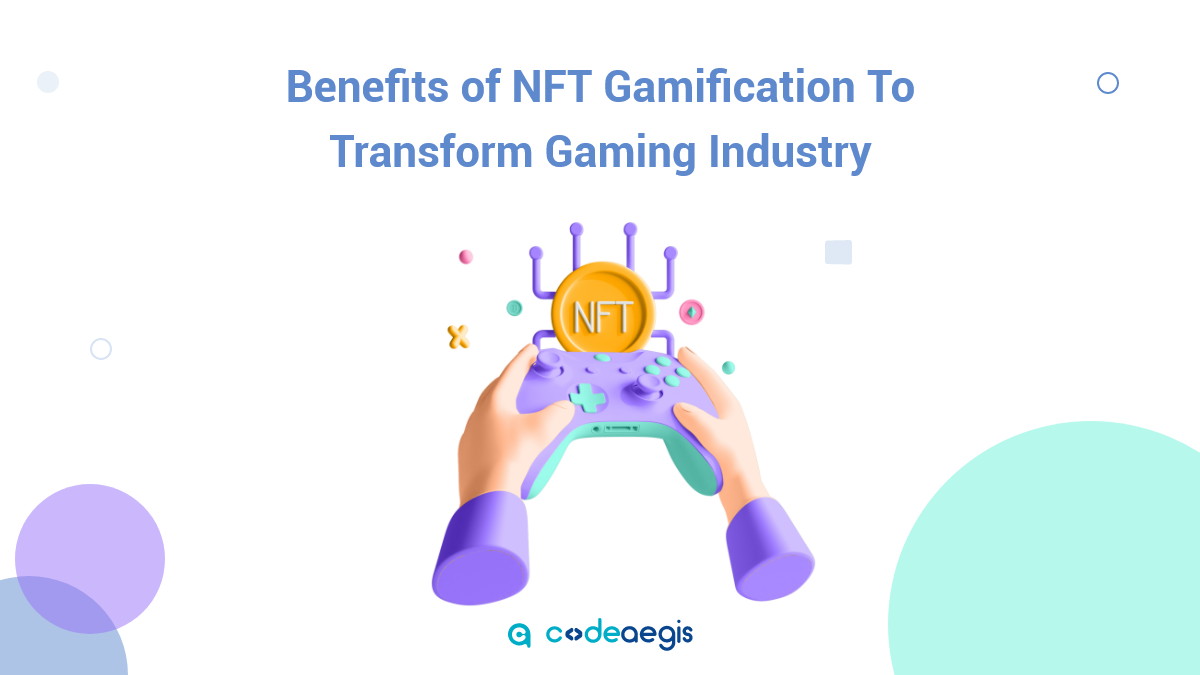
In recent years, the gaming industry has seen a surge in popularity, with many gamers turning to online gaming platforms and console games in order to escape reality. With so many people playing video
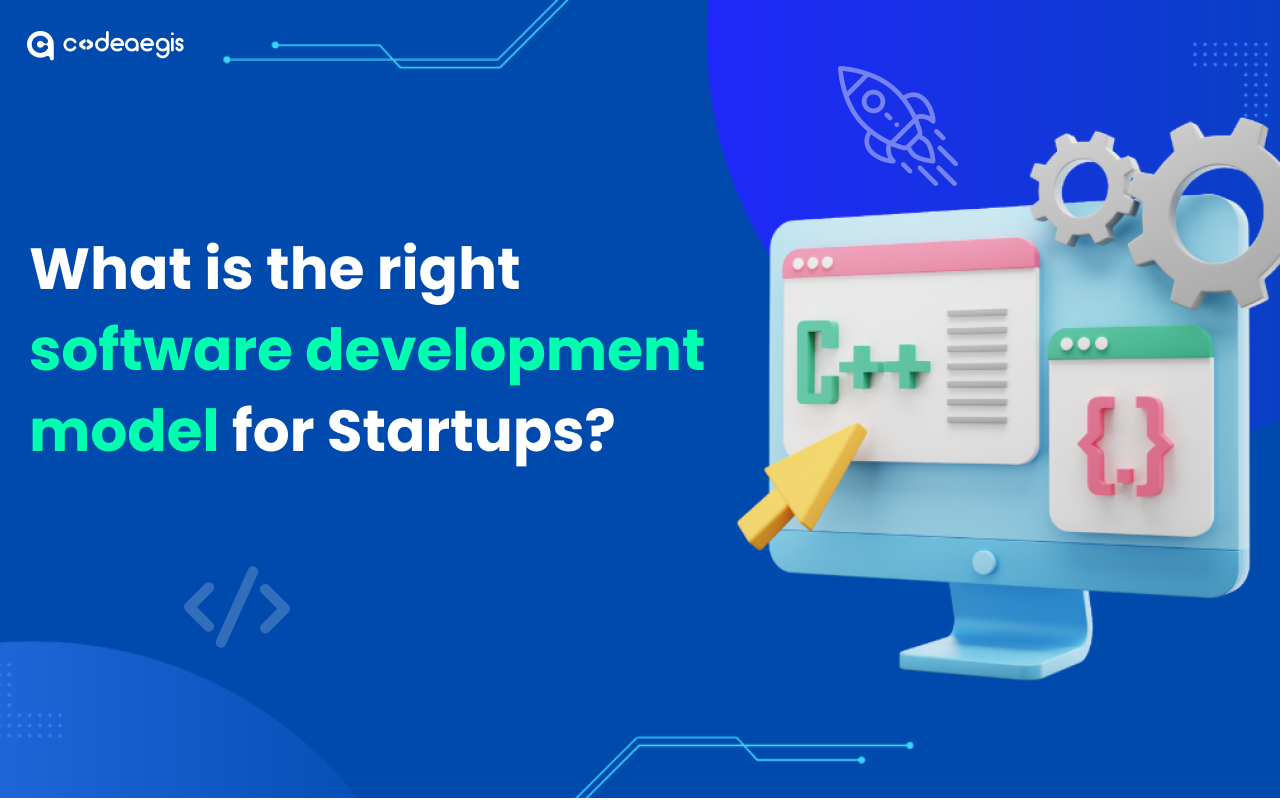
Sipping coffee and thinking of a startup has always been trendy. Similarly, hanging out with friends and promising them to start a business someday feels refreshing. Did you know that several success
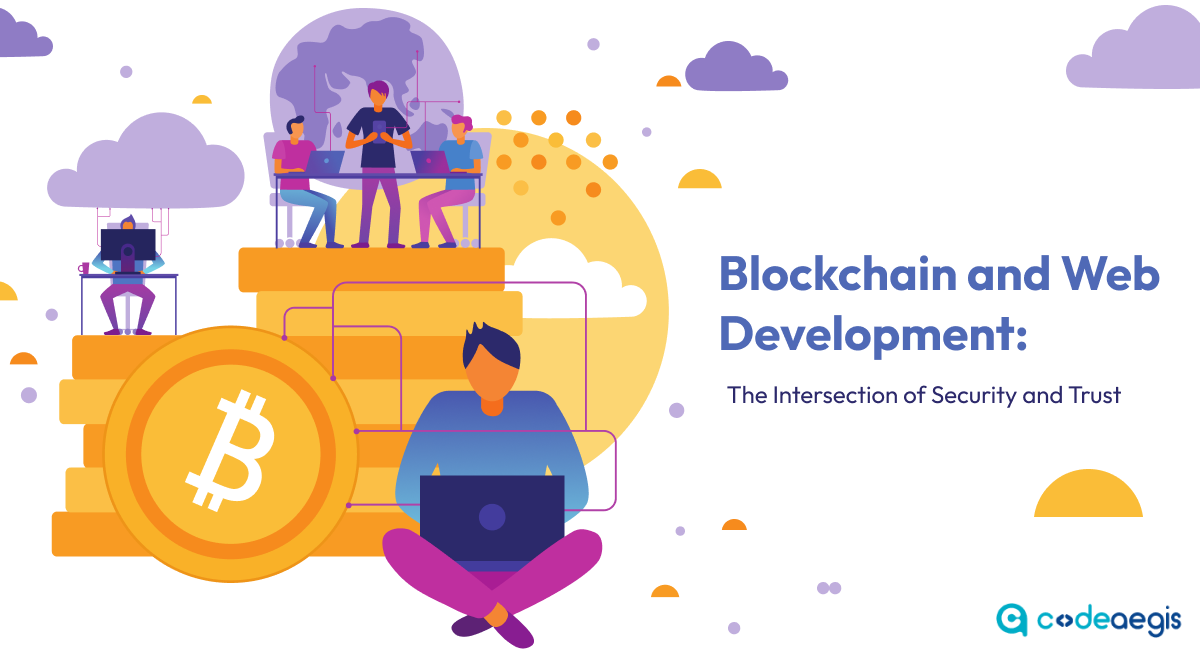
Blockchain technology and web development are two powerful innovations that have the potential to transform our world. While they may appear distinct, they share similarities and can work together to

DeFi is a new kind of investment that’s taking the world by storm. So what is it? Essentially, DeFi is a digital asset class that allows you to invest in cryptocurrencies and other digital asset

Over the past decades, the healthcare sector has continuously expanded its wings, moving from traditional to advanced technological processes. This evolution is driven by the sector's unwavering commi
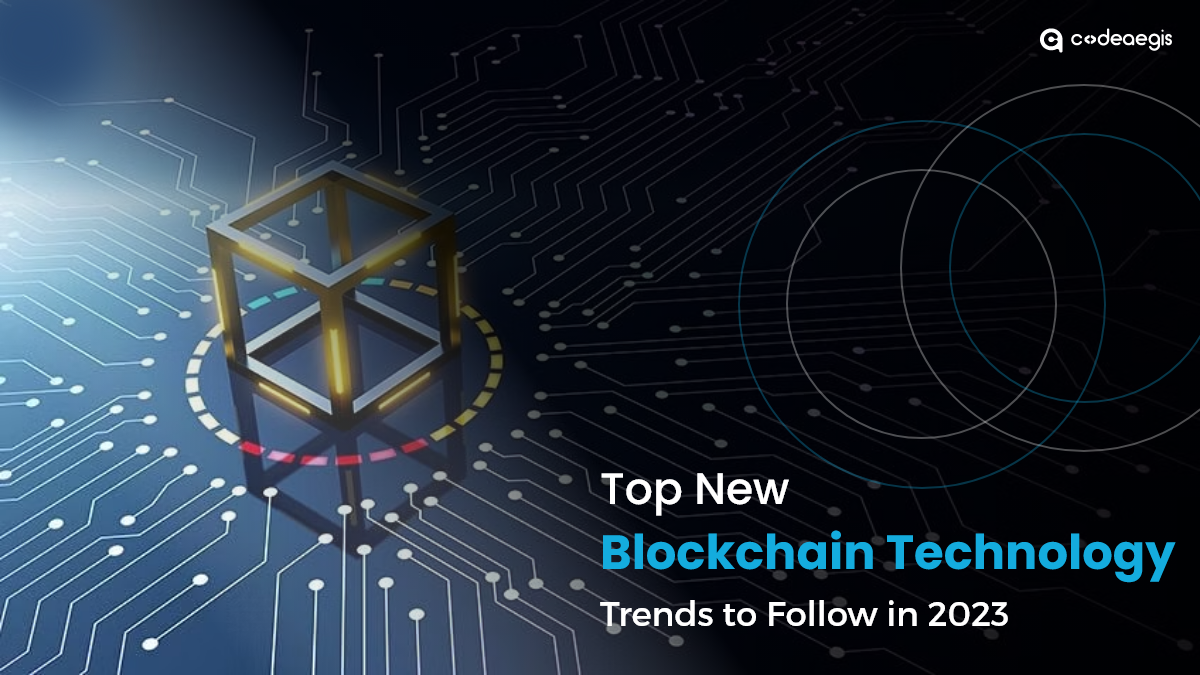
Picture this - a world where business transactions are seamless, secure, and transparent. This might have seemed like a distant dream before the advent of cryptocurrencies and blockchain technology, b
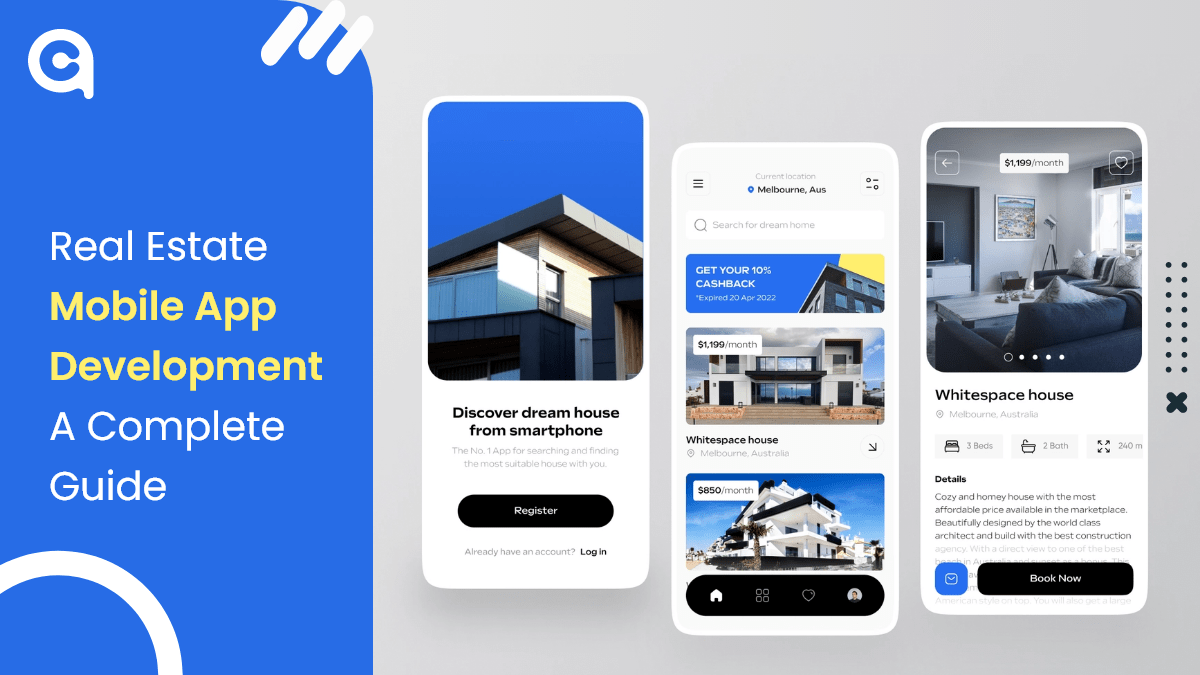
The world is digitizing at a very rapid pace, and in such a scenario, real estate businesses must also go digital to stay ahead of the competition. One of the best ways to digitize your business is de

Decentralized Finance (DeFi) is a modern and evolving region of finance that is less centralized and more open to innovation and collaboration. DeFi enthusiasts laud its prospect of disrupting convent

Table of Contents 1. What is ChatGPT? 2. What Are the Top Benefits of ChatGPT? 3. How Does ChatGPT Work? 4. Challenges With ChatGPT 5. ChatGPT and the Future of AI 6. Final Thoug

Do you run your own business and want to build an Android app? If yes, you must know about the latest technology trends playing a significant role in the android app development process. Technology i

Mobile applications play a vital role in the development of multiple businesses in this digital world. Most companies are investing in iOS app development to strengthen their market appearance and dra

Nowadays, the financial industry has encountered massive digitization, and mobile apps play a significant role in it. There are a wide variety of money transfer apps available, catering to the needs a

Rental businesses are gaining market share by offering essential services that help other businesses minimize downtime and maximize profitability. This growth trend is particularly strong in the servi
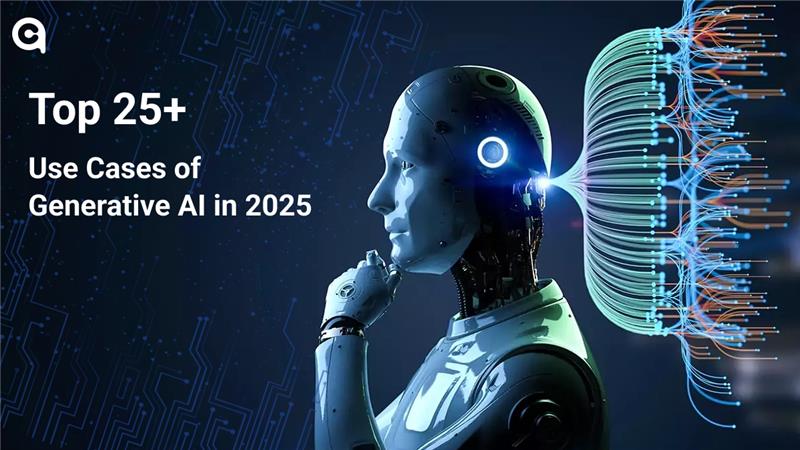
Generative AI? Is this still a question mark to you? If you don’t know what generative AI does, that would be a fair question, but it was not if you said that you haven’t interacted with
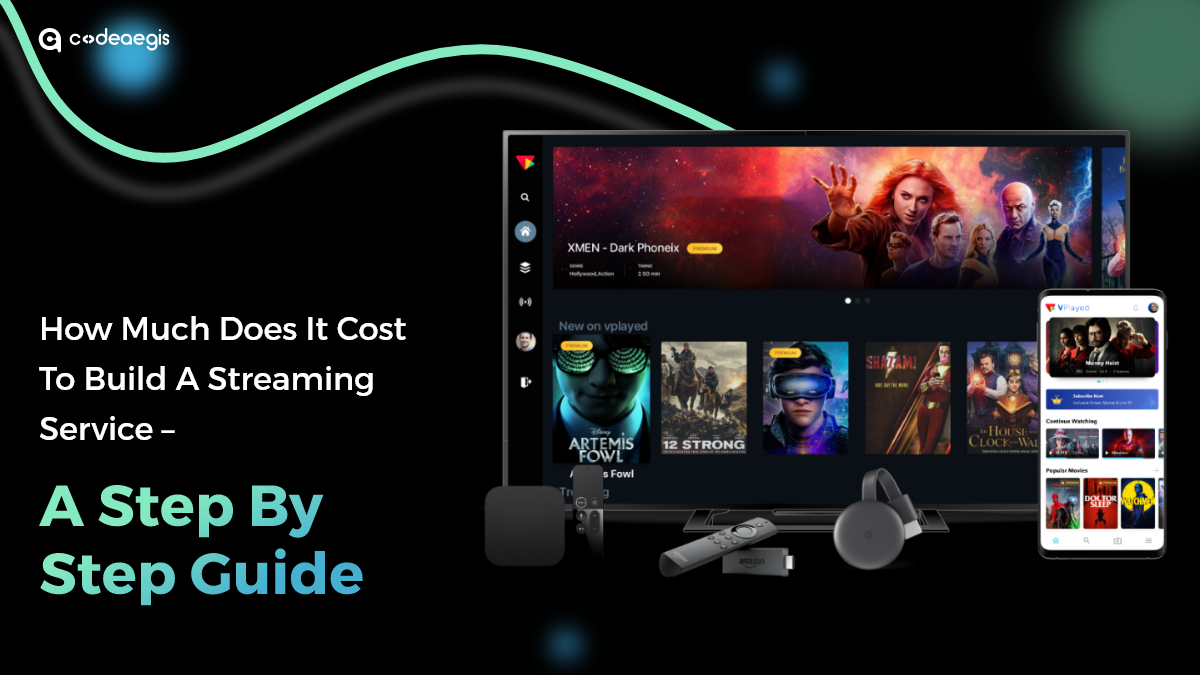
The rise of online video streaming services has revolutionized the entertainment industry, prompting businesses worldwide to explore the possibility of launching their own platforms. With giants like

IPTV has established itself as a prominent technology that is gaining traction with its comprehensive platform applications. Unlike traditional methods like satellite, cable, or TV, IPTV has accelera

As blockchain technology continues to evolve, so too does the landscape of projects built on its foundation. The worldwide Blockchain market is predicted to expand at a CAGR of 42.8% (2018-2023), dire

Having a mobile application is no longer a luxury—it's an essential tool for instantly capturing the market! To stand out in the rental businesses, a company must adopt tech-driven preferences

The United Arab Emirates (UAE) is flourishing as the hub for blockchain technologies, transforming the digital ecosystem and having a forward-thinking government to maintain its competitive edge. Gove
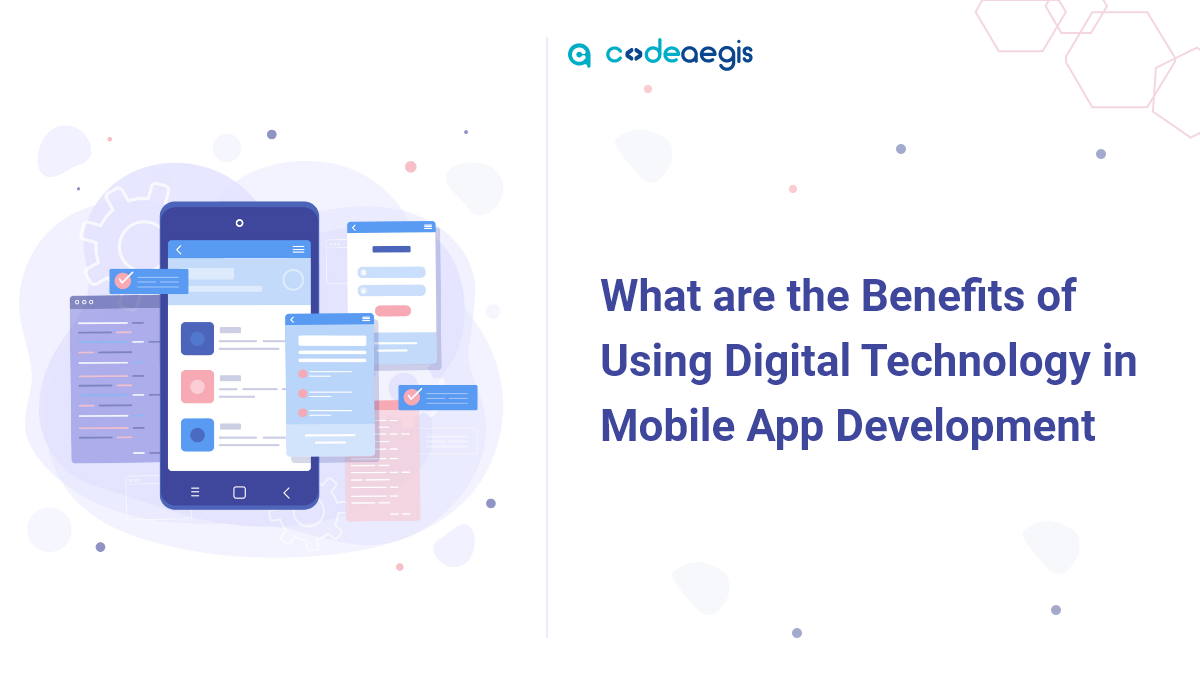
With the ubiquity of smartphones and tablets, it only makes sense that mobile app development - which is the process of creating applications for smartphones and tablet devices - is becoming more popu

Blockchain technology is becoming the heart of multiple industries. It is robustly securing businesses through its core value, making it the first pick-up in the generative AIs. The blockchain is the

Did you know that Dubai's prime residential market is projected to experience the world's strongest growth in 2025? The Middle East is buzzing with opportunities, especially in the realm of mobile app

Technology has come a long way in the past decade, and augmented reality (AR) is one of the most exciting development fields. AR technology superimposes digital content into the real world, creating a

Is your business still relying on off-the-shelf software solutions that don’t efficiently meet your unique business requirements? If your mind instantly says yes, then let’s explore why in
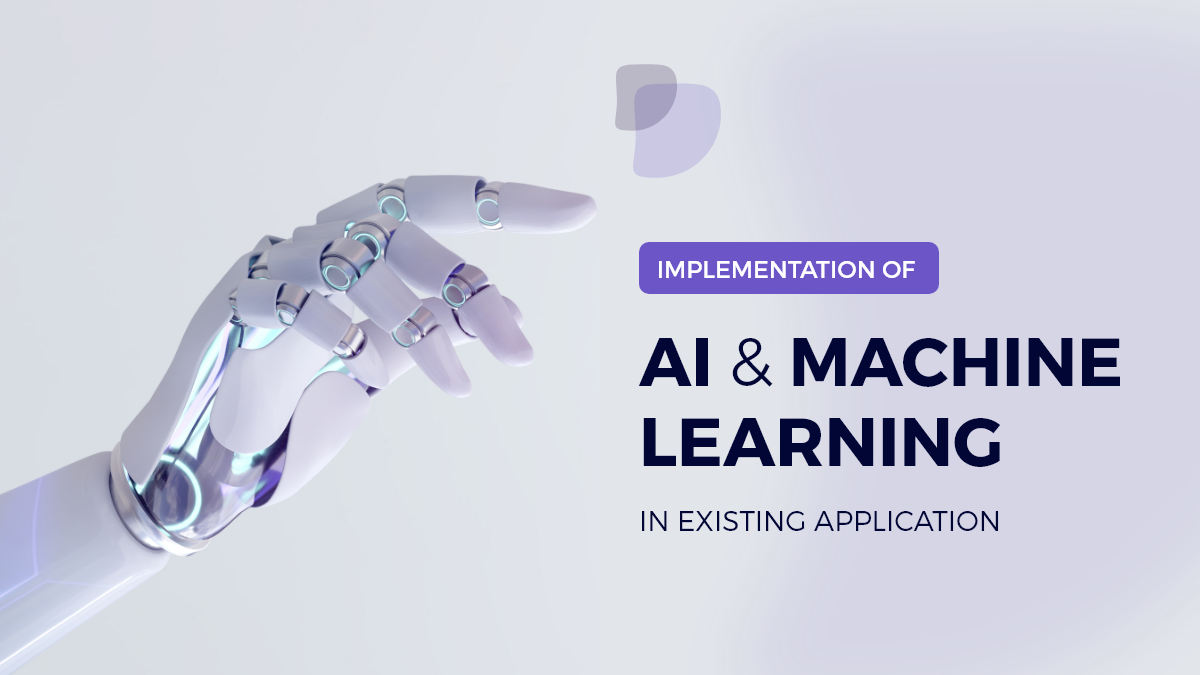
When it comes to developing an app, there's a lot to consider. Not only do you need to create a user-friendly interface and design, but you also need to make sure your app is able to meet the demands

Necessity is the mother of invention origin! Have you ever wondered when an entrepreneur decides to start a business? When demand is high and supply is low, opportunities arise. But there’s mor

Imagine a classroom where history comes alive in the 3D model of historical events. Biology students can explore the unique complexities of a cell as they have practiced it with real-world examples, a
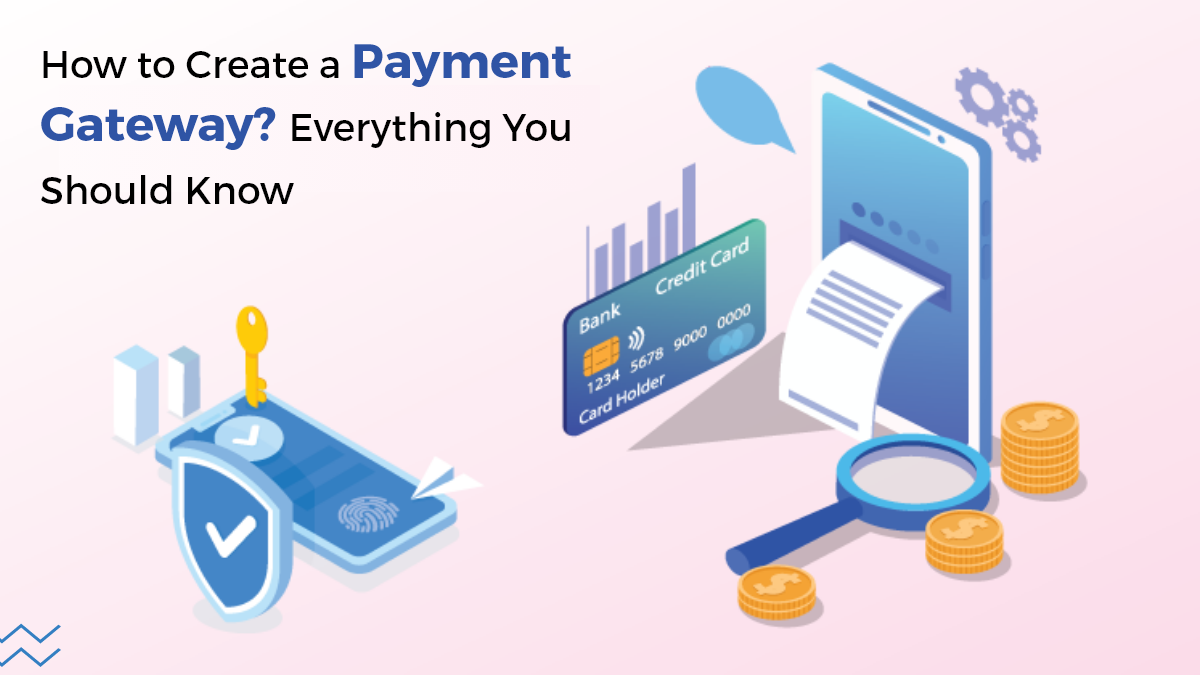
Are you aware that the world is going through a significant shift in the way we make payments? According to a recent report by Deloitte, the total value of digital payments worldwide is estimated to r

An extensive background working in Tech, Travel, and Education Industries. Currently involved in entire business operations process: Benefits strategy and implementation, systems integration, Human Re

The gaming industry is proliferating with the advent of smartphones and PCs. Every age group, from children to adults, is well-engaged and fond of online gaming. The rapid evolution of mobile gaming a

As the world of startups becomes increasingly competitive, building an MVP is crucial for entrepreneurs looking to test their ideas and launch successful businesses. By creating a minimum viable prod

The mobile app market has grown to a staggering size, with over 1.8 million apps available in the Google Play Store and Apple App Store combined. Mobile apps have become a necessity for people worldwi

Do you know what digital transformation with AI is and how it can impact your business? Organizations today are under pressure to digitally transform to stay competitive. This digital transformation
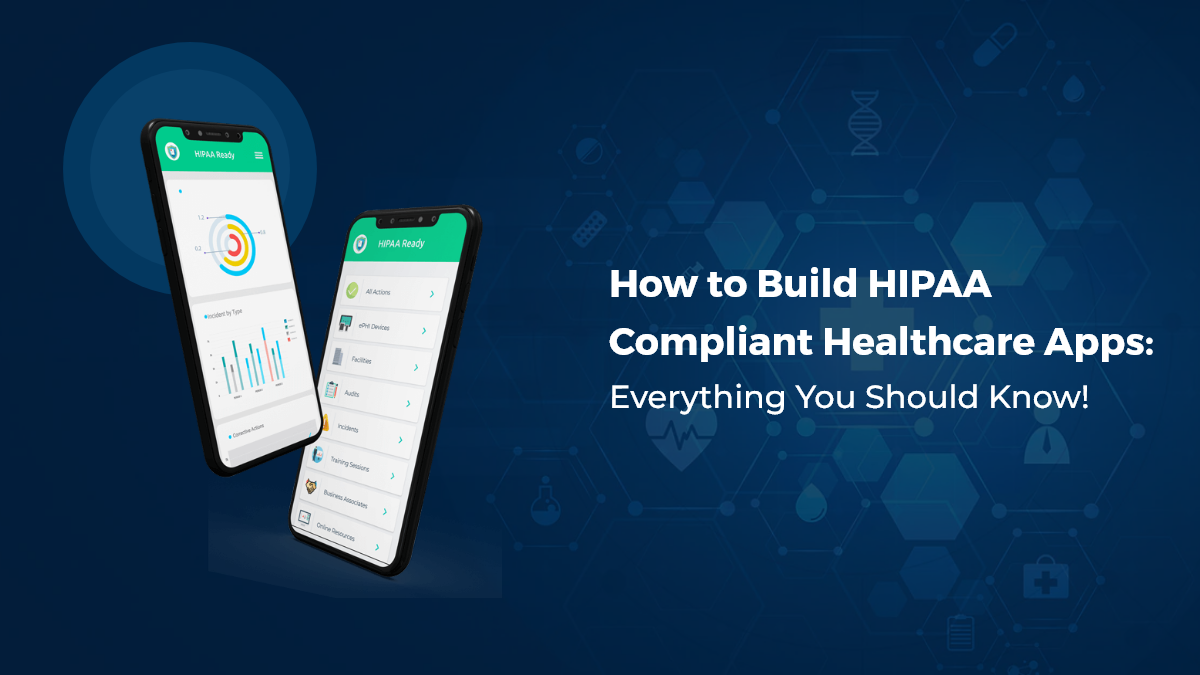
If you’re in the healthcare industry, then you know that data privacy and security are of utmost importance. In order to protect patients’ information, the Health Insurance Portability and

If you’re planning to enter the fast-growing fantasy sports market, one of the most critical aspects considered is “What will it cost to build a fantasy sport that stands out and drives t

Mobile applications have dominated the market, helping businesses to reinforce their full potential. Not only for the rental business, but mobile apps play a critical role in establishing a solid foun
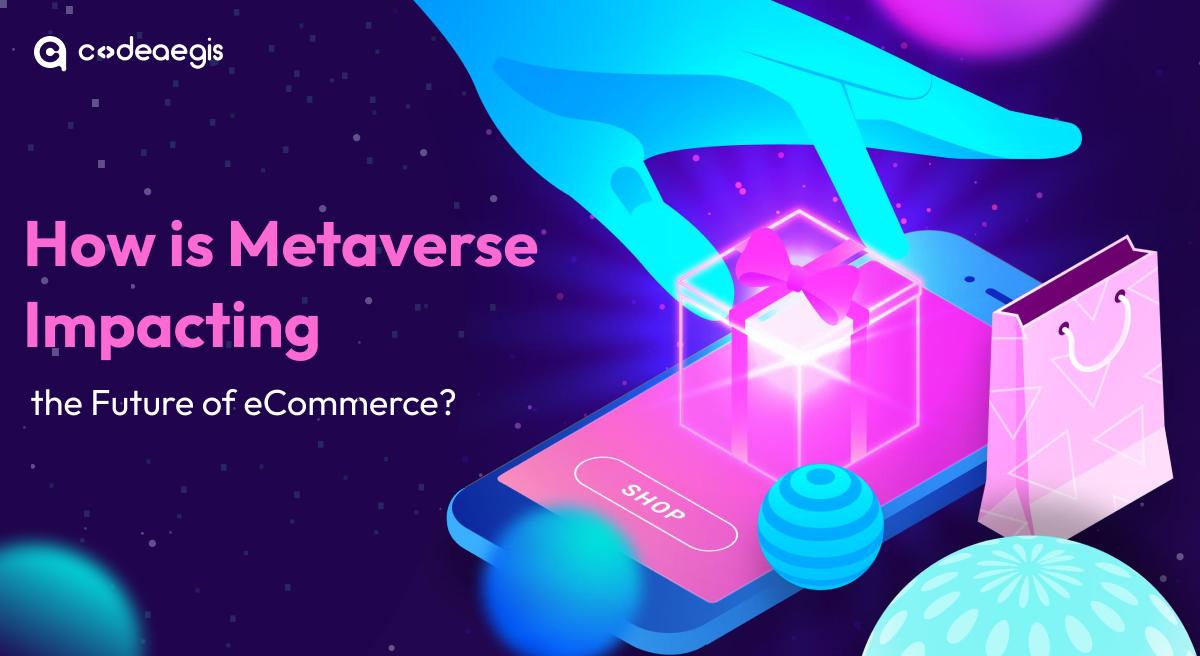
Lately, the tech world has been abuzz with talk of the Metaverse, a groundbreaking concept that promises a shared virtual space where people can interact and engage with one another. This futuristic i
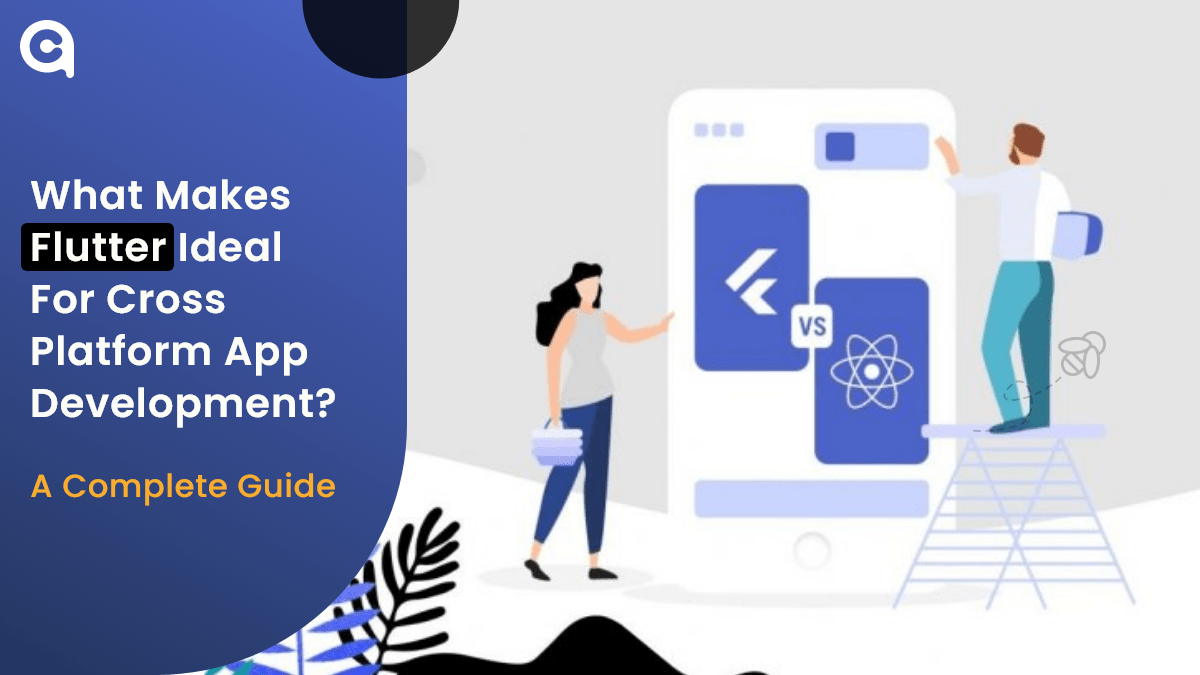
Table of Contents 1. What is Flutter? 2. Why Choose Cross-Platform Development? 3. Why is Flutter the Best Platform to Make Cross-platform Applications? 4. How Much Does it Cost to

It's no secret that the digital world has transformed many aspects of our lives, and it is only going to continue changing in ways we can't even imagine yet. To help businesses keep up with this rapid
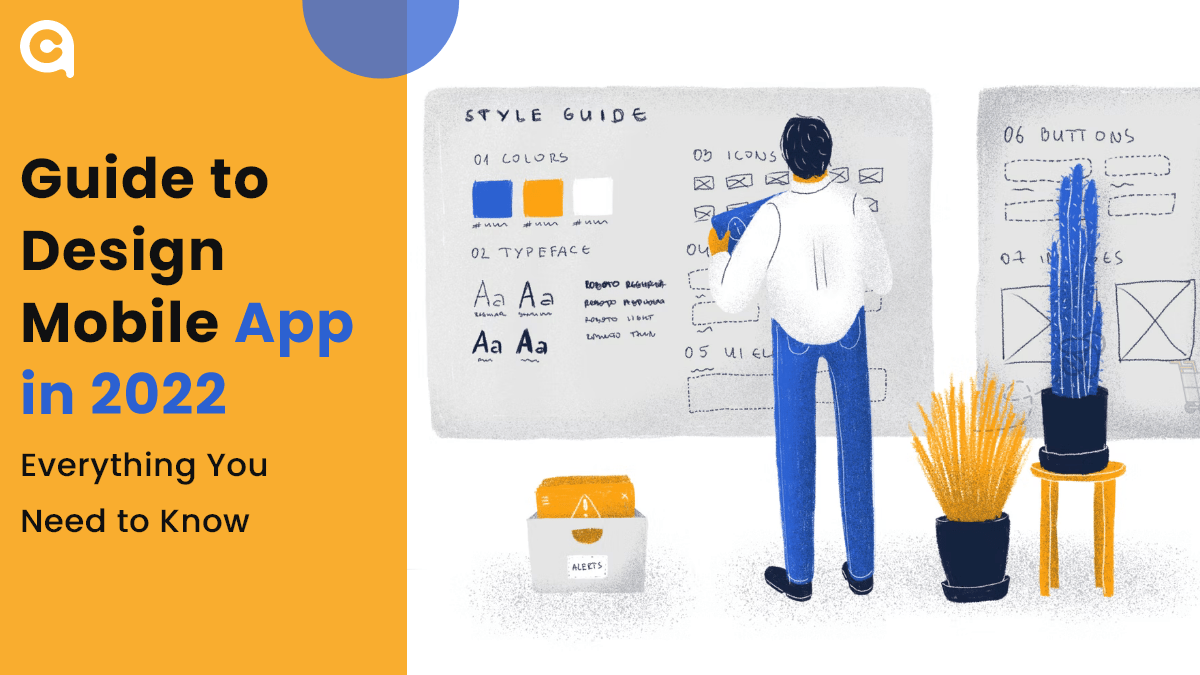
Are you looking to design a mobile app in 2025? Mobile application development is an ever-changing field, and it can be hard to keep up with the latest trends and best practices. But with this guide,
Leave a Reply
Your email address will not be publishedDO YOU HAVE ANY PROJECT
Let's Talk About Business Solutions With Us
India Address
57A, 4th Floor, E Block, Sector 63, Noida, Uttar Pradesh 201301
Call Us
+91 853 500 8008
Email ID
[email protected]











